Internal Conflict Threatens Wilders' Grip On PVV

Table of Contents
Factionalism and Power Struggles within the PVV
The PVV, despite its outwardly unified image, has a history of internal disagreements. These disagreements, often simmering beneath the surface, have occasionally erupted into open conflict, threatening party stability.
-
Past Conflicts and Resolutions (or Lack Thereof): While Wilders has maintained a strong leadership position, past disagreements over strategy and specific policy positions have tested the party's unity. For example, [insert specific example of a past internal conflict and its outcome]. The lack of transparency surrounding these conflicts often fuels speculation and further internal divisions.
-
Key Figures in Current Disputes: The current internal strife involves [mention specific key figures and their roles within the PVV]. Their differing views on [mention specific policy areas or strategic directions] are exacerbating tensions and creating factions within the party.
-
Impact on Policy Decisions and Party Unity: These power struggles directly impact the party's ability to formulate and implement coherent policy. Disagreements often lead to delays, compromises that satisfy no one, and ultimately weaken the PVV's overall message. The resulting disunity undermines public trust and creates an environment of instability.
The PVV isn't a monolithic entity; different factions exist, each with subtly (or sometimes not so subtly) different ideological leanings. The potential for a significant split, with a breakaway group forming a new party, is a real possibility, further complicating the Wilders PVV internal conflict.
Ideological Divergences and Shifting Public Opinion
The PVV's ideology, centered around anti-immigration and anti-Islam sentiments, has evolved over time. This evolution, coupled with shifting public opinion, has contributed to the internal tensions.
-
Shifts in Public Opinion: Public support for the PVV's hardline stance on immigration and Islam has fluctuated significantly in recent years. A decline in support could embolden those within the party advocating for a more moderate approach.
-
Impact on Internal Dynamics: These shifts in public opinion create internal pressure. Some members might feel the party needs to adapt to remain electorally competitive, leading to clashes with those who advocate for maintaining a rigidly anti-immigration and anti-Islam platform.
-
Impact of Younger Members: The emergence of younger PVV members, potentially holding more moderate views, further complicates the internal dynamics. These younger voices may challenge the established order and push for internal reforms.
The potential for a more moderate faction to openly challenge Wilders' leadership is a significant factor in the ongoing Wilders PVV internal conflict. This challenge could lead to a major fracture within the party.
The Role of Media and Public Perception
Media coverage significantly shapes public perception of the PVV's internal conflicts. The way these conflicts are portrayed can impact party unity and public support.
-
Negative Media Portrayals: Negative media portrayals of infighting can damage the party's image and decrease public trust. The constant focus on internal disagreements can overshadow the PVV's policy positions.
-
Social Media Amplification: Social media platforms amplify internal disputes, allowing dissenting voices to reach a wider audience and potentially further fracturing the party. This makes managing the narrative incredibly difficult for the PVV.
-
PVV's Image Management: The PVV's ability (or lack thereof) to manage its public image during these conflicts is crucial. Effective communication strategies can mitigate damage, while poor handling can exacerbate tensions and lead to further decline in support.
The long-term damage to the PVV's brand and reputation, fueled by negative media coverage and internal divisions, is a serious threat to its future electoral prospects and contributes substantially to the Wilders PVV internal conflict.
Potential Consequences for the PVV's Future
The ongoing internal conflicts within the PVV have far-reaching consequences for its future.
-
Electoral Performance: The internal strife could significantly impact the PVV's performance in upcoming elections. A decline in voter support is a real possibility, potentially pushing the party into a weaker position within the Dutch political landscape.
-
Party Split: A party split is a very real scenario, potentially leading to the formation of new, splinter political parties. This fragmentation would further weaken the PVV's influence.
-
Impact on Wilders' Leadership and Career: The internal conflicts pose a significant threat to Wilders' leadership and his future political career. A loss of control over the party could effectively end his political dominance.
The wider impact on Dutch politics is also significant. A weakened PVV could reshape the political landscape, altering power dynamics and potentially leading to shifts in political alliances and coalition building. The Wilders PVV internal conflict has become a central factor in shaping Dutch politics.
Conclusion
The internal conflicts within the PVV, characterized by factionalism, ideological divergences, and negative media coverage, pose a significant threat to Geert Wilders' leadership and the party's future. These disputes, fueled by shifting public opinion and internal power struggles, could lead to electoral setbacks, party fragmentation, and a reshaping of the Dutch political landscape. Understanding the intricacies of the Wilders PVV internal conflict is crucial to understanding the future of Dutch politics. Stay informed about the ongoing developments within the PVV and the implications of this significant political dynamic. Further research into the intricacies of the PVV's internal dynamics is crucial to understanding the future of Dutch politics.

Featured Posts
-
 Alex Fine And Pregnant Cassie Ventura At Mob Land Premiere
May 18, 2025
Alex Fine And Pregnant Cassie Ventura At Mob Land Premiere
May 18, 2025 -
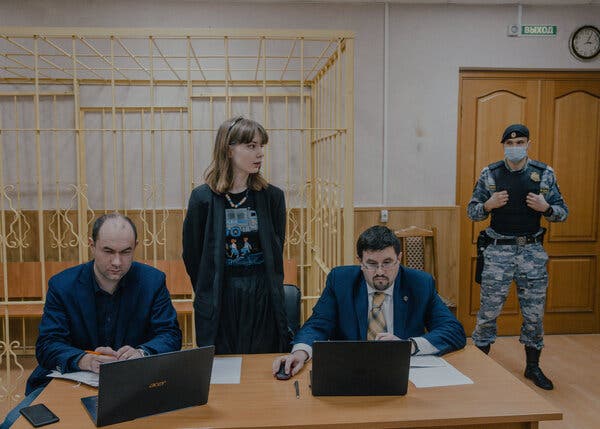 13 Year Prison Sentence For Australian Fighting For Ukraine In Russia
May 18, 2025
13 Year Prison Sentence For Australian Fighting For Ukraine In Russia
May 18, 2025 -
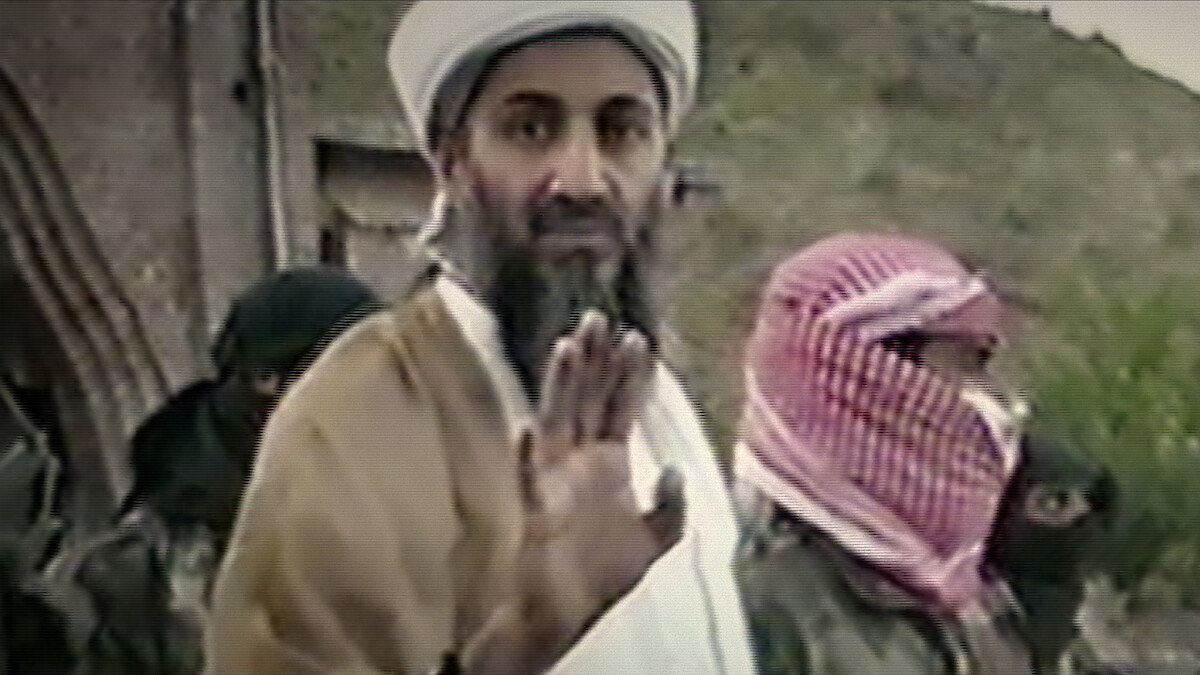 Netflix And The Osama Bin Laden Manhunt Explaining The Streaming Gap
May 18, 2025
Netflix And The Osama Bin Laden Manhunt Explaining The Streaming Gap
May 18, 2025 -
 From Scatological Data To Engaging Podcast Ai Powered Digest Creation
May 18, 2025
From Scatological Data To Engaging Podcast Ai Powered Digest Creation
May 18, 2025 -
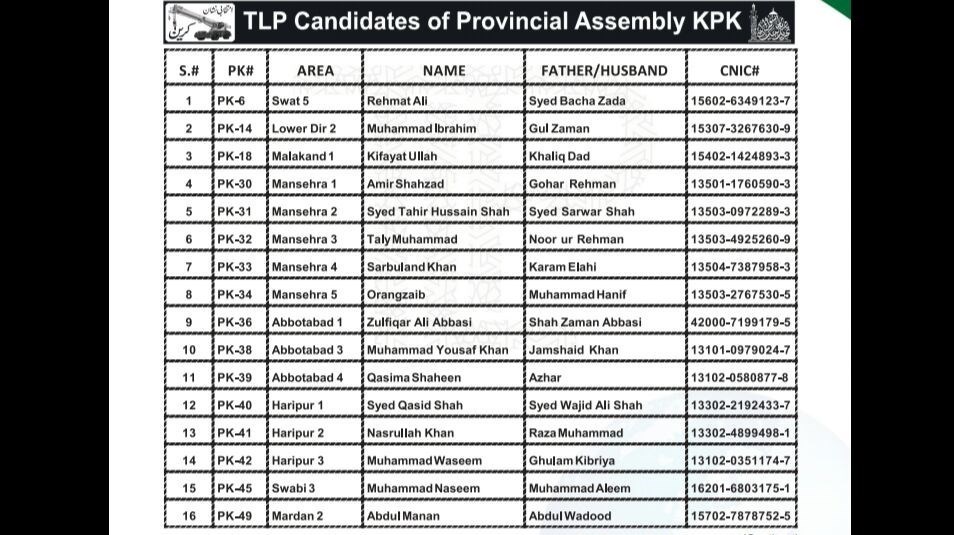 Asamh Bn Ladn Alka Yagnk Ky Fhrst Myn Sb Se Awpr
May 18, 2025
Asamh Bn Ladn Alka Yagnk Ky Fhrst Myn Sb Se Awpr
May 18, 2025
Latest Posts
-
 Using Ai To Create A Poop Podcast A Guide To Efficient Document Summarization
May 18, 2025
Using Ai To Create A Poop Podcast A Guide To Efficient Document Summarization
May 18, 2025 -
 Students Ai Research Paper Faces Mit Retraction
May 18, 2025
Students Ai Research Paper Faces Mit Retraction
May 18, 2025 -
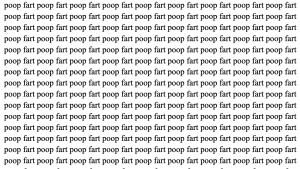 Ai Digest Efficiently Transforming Repetitive Documents Into Poop Podcast Content
May 18, 2025
Ai Digest Efficiently Transforming Repetitive Documents Into Poop Podcast Content
May 18, 2025 -
 From Scatological Data To Engaging Podcast Ai Powered Digest Creation
May 18, 2025
From Scatological Data To Engaging Podcast Ai Powered Digest Creation
May 18, 2025 -
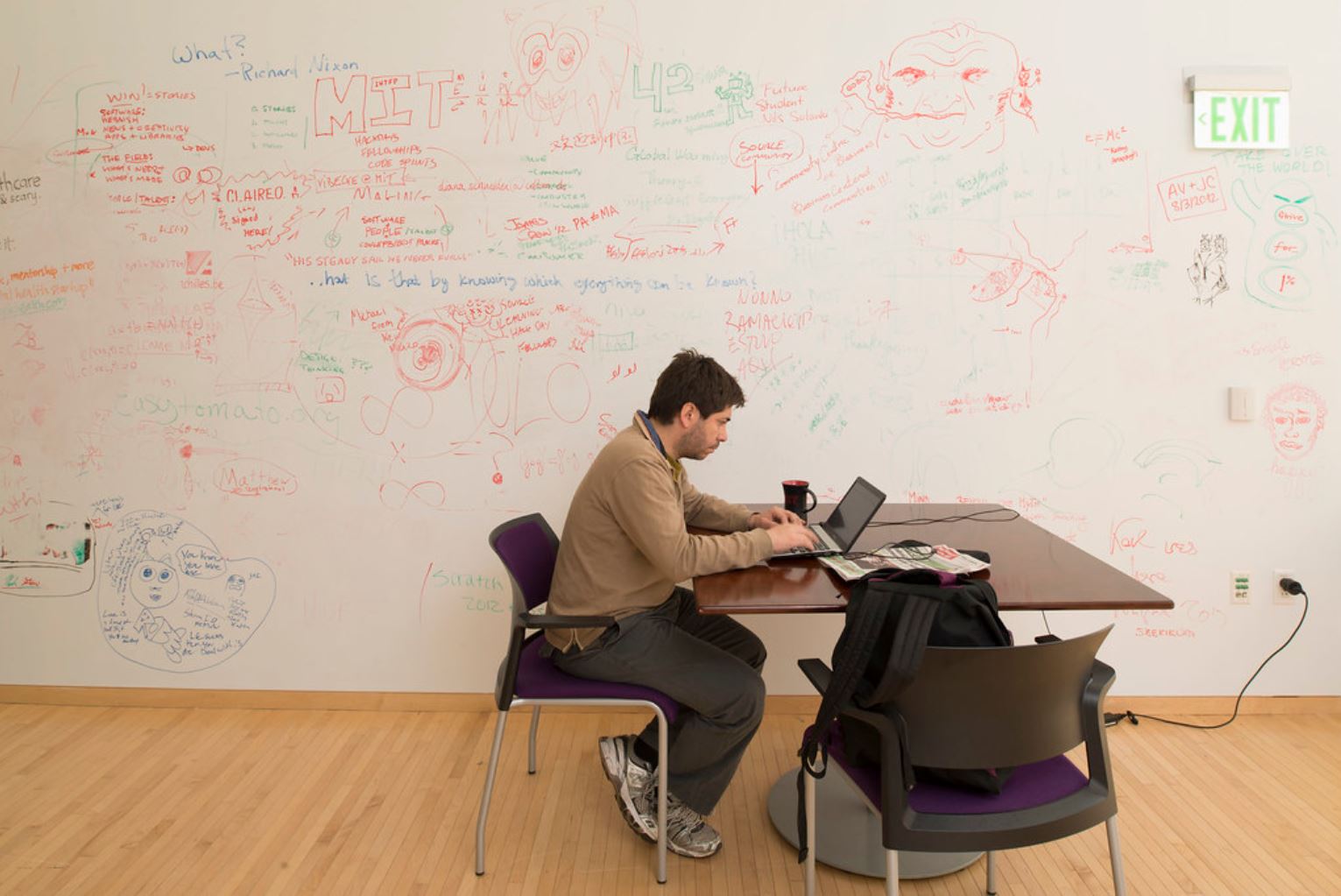 Mit Denounces Students Ai Research Project
May 18, 2025
Mit Denounces Students Ai Research Project
May 18, 2025
